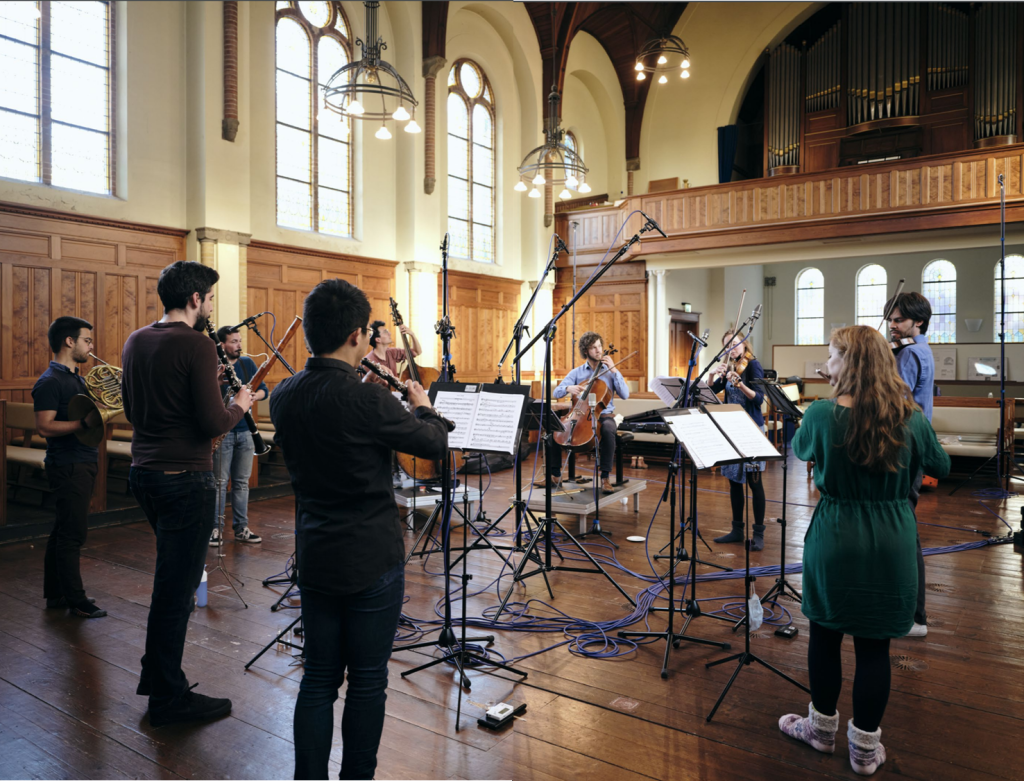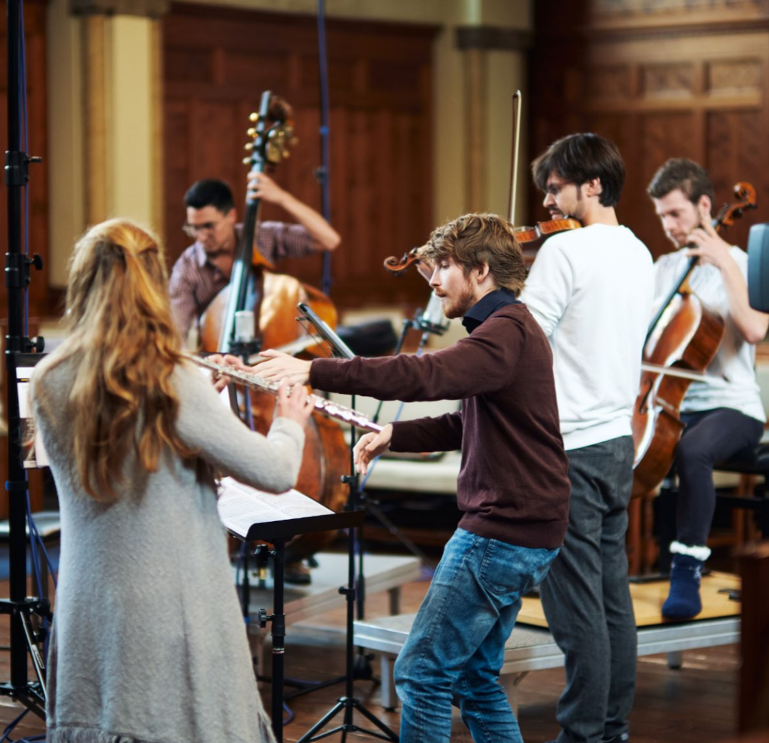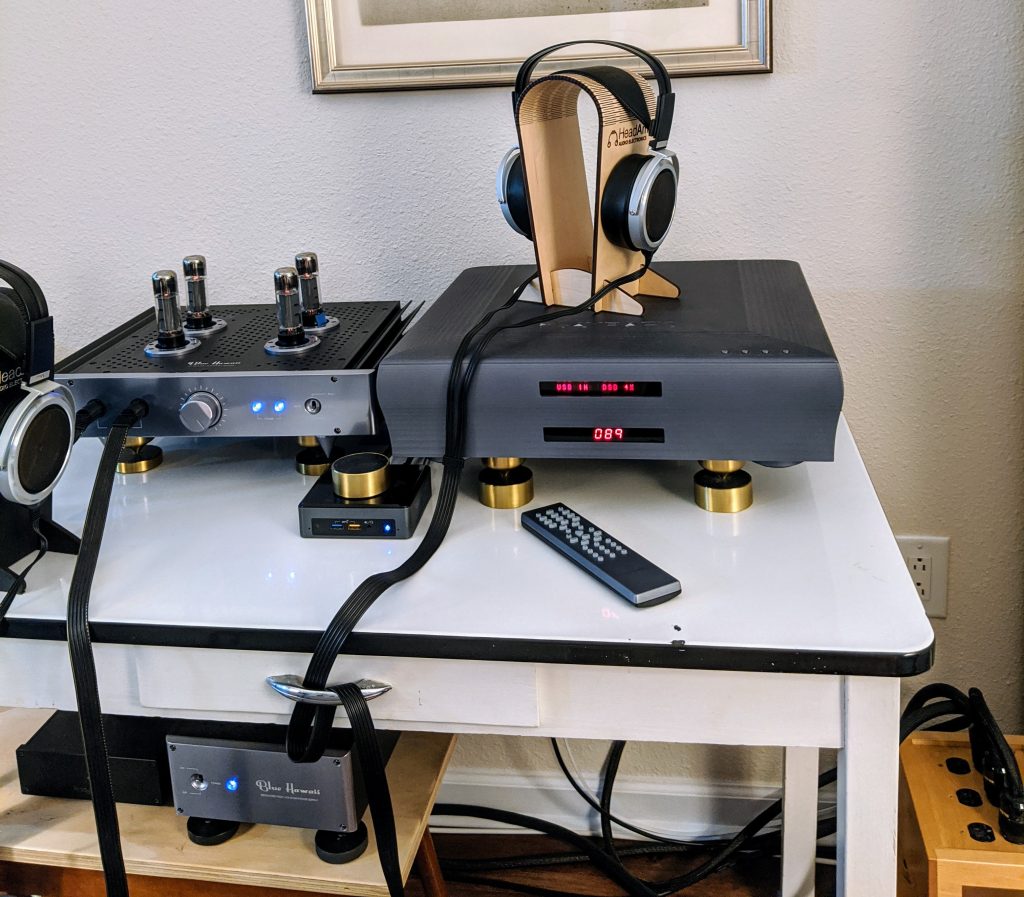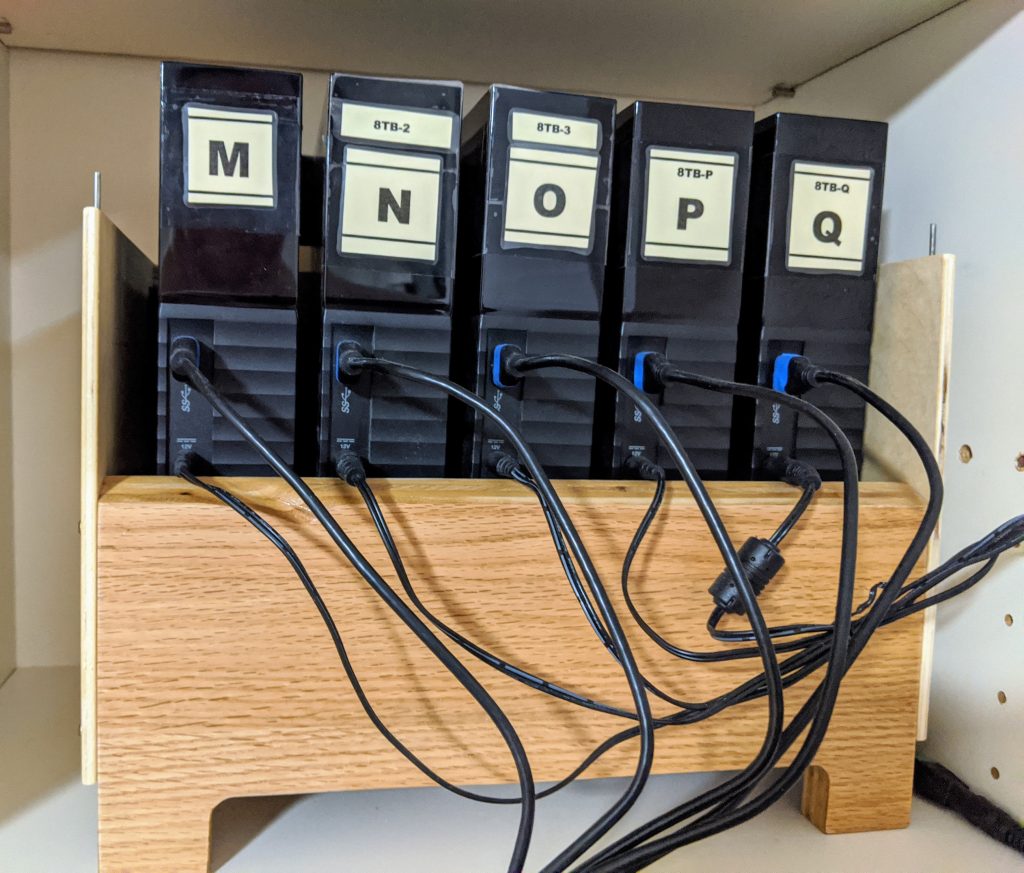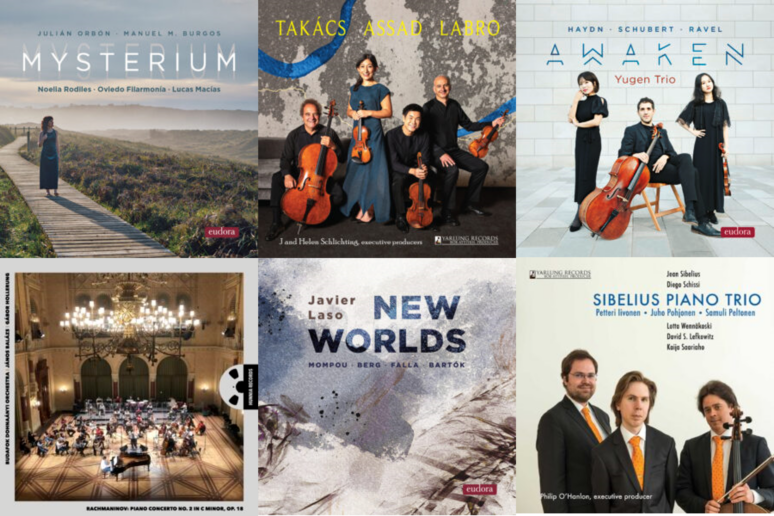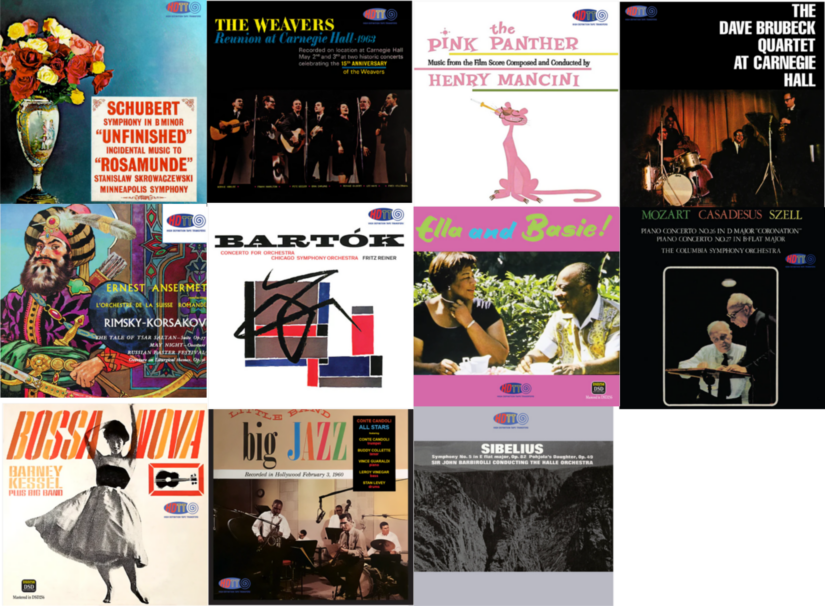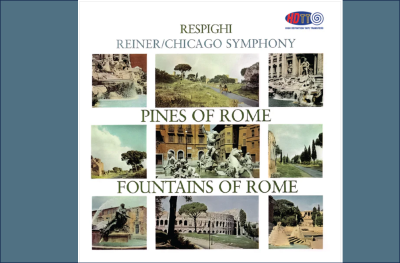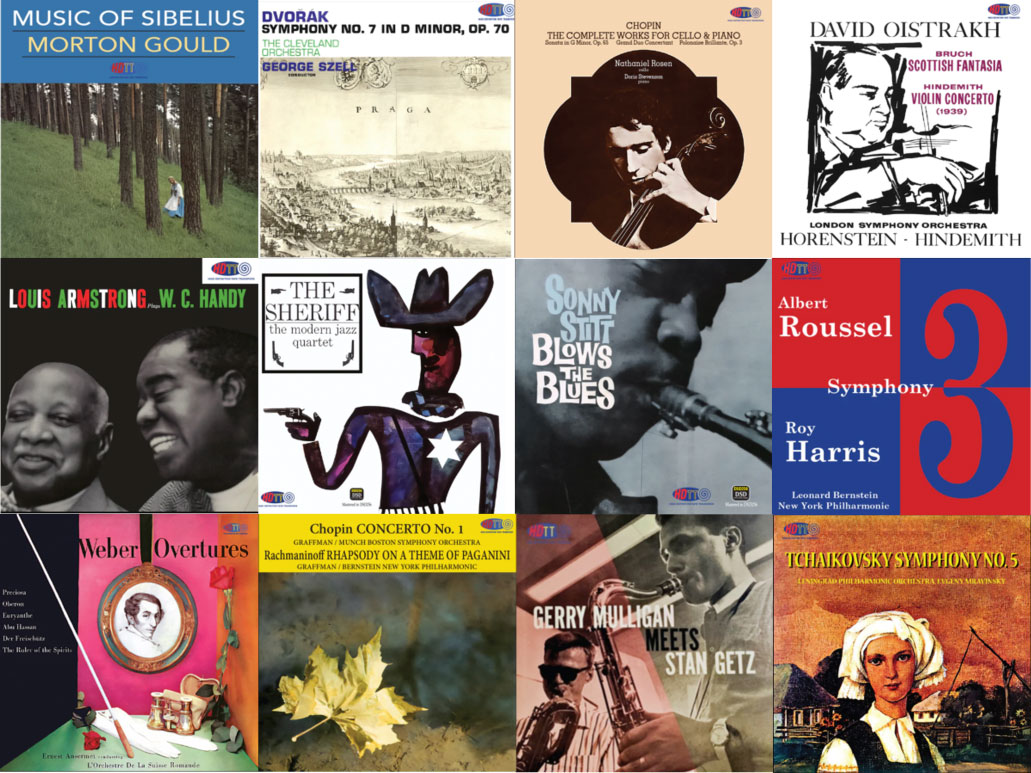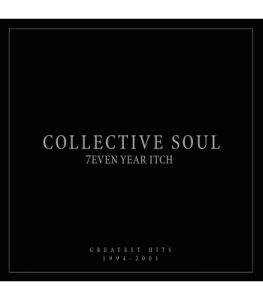With lively performances filled with joy and good humor, the Intercontinental Ensemble returns with a two immensely entertaining releases. And with the excellent sound quality provided by TRPTK, there is nothing but good things to say about these two releases.

In Motu – Intercontinental Ensemble. TRPTK 2021 (DXD) HERE

Arc, Intercontinental Ensemble. TRPTK 2022 (DXD) HERE
Yes, I'm late to the party. Forgive me, please.
But do please pay attention to these two releases from Intercontinental Ensemble. They are worthy.
Intercontinental Ensemble is comprised of nine talented musicians from different parts of the world who found common situ in Amsterdam. They play together in what was once a very traditional ensemble grouping—a nonet. Historically, the nonet allowed for some expansive music-making where a larger ensemble was simply not available to be assembled. Traditionally comprised of wind quintet, violin, viola, cello, and contrabass, the nonet is capable of playing a broad catalog of music.
For In Motu, the ensemble begins with two works from the core nonet literature, both written in 1959: Nino Rota's brilliant and expressive Nonetto and Bohuslav Martinu's love-letter to his homeland Nonet No. 2. Both are lively, ingratiating works, filled with joie de vivre. These are then followed by Mendelssohn's sunny, vibrant Italian Symphony (Symphony No. 2) in one of Intercontinental Ensemble's own arrangements.
Intercontinental Ensemble plays all three of these works with a lively, joy-filled energy, and in excellent partnership. Over the several years since the release of their first album, the group has matured and grown more facile in their interplay. In this recording, they are truly playing seamlessly as an ensemble, not a collection of nine separate voices.
In Arc, the Ensemble moves forward with works from five women composers. And, yes, I'm very glad to see more performers releasing albums focused on the works of women composers. Not so much that theirs is a unique voice, but that so much wonderful music has been missing from our musical collections.
The music in Arc "combines the playful, serious, fragile, strong, the unpredictable and the refined and combines these into a detailed character description of each composer." The album as it is not about one specific feeling, style or thought. "It is about the connection between the pieces various personalities which makes the individual pieces part of something bigger." An arch, and thus the name of the album. (From the enclosed booklet.)
From the beginning with the very modern Collage van een Achtvlak (Collage of an octahedron) from 2016 by Bianca Bongers (b. 1987), I was captivated. Originally composed for string orchestra, Bongers arranged a version for nonet which we listen to here. The work abounds with color, challenging the instruments in every way. With the excellent recording quality Brendon Heinst provides, this work is a feast of sonic delights. Pizzicato and staccato sounds morph into long lines. There is energy, and power, and depth to this music. I love it.
Clara Schumann's Drei Romanzen (1853) continues the album. It is a step back in time to a more tonally beautiful soundscape, with a romantic richness that is enticing after the stringencies of Bongers' work. If you've never listened to Schumann's Romances, you should hear them. They rather sweep me away. If you've not explored the music of Clara Schumann, you should know that she was a celebrated pianist who gave concerts all over Europe. After she married Robert Schumann in 1840, she remained an in-demand performer and was the breadwinner in the marriage for a long time as she ensured her husbands compositions were heard everywhere. And, she was a very accomplished composer, as illustrated by her Drei Romanzen heard here.
Two shorter works by Aregnaz Martirosyan, Emotional Diversity (2021), and Sarah Neutkens, September 1 (2019), provide an interlude preceding the last lengthy work on the album.
Aregnaz Martirosyan, who is Armenian, composed her work following the conflict that began in September, 2020, between Armenia and Azerbaijan. Friends and family members were called to the front, where deadly conflict was raging. The piece Emotional Diversity is her reaction and resistance to the madness of this war as she interweaves Armenian melodies with new musical colors. It is an austere, complex and challenging work filled with pizzicato, astringent strings and sudden outbursts.
Sarah Neutkens' September 1 brings a period of quiet introspection to the album. Originally written for saxophone quartet, this arrangement for nonet brings a variety of color to the music's long harmonious lines. And a great sense of peace.
Louise Farrenc (1804-1875) wrote her Nonet, Op.38 (1849) as a bit of challenge to the Paris Conservatory at which she was employed as a teacher of piano, but at a salary lower than her male colleagues. A well-worn situation, is this not? After a triumphant premiere, including a very young Joseph Joachim on the violin, the directors of the Conservatory realized their mistake and gave Farrenc the pay raise she deserved. Farrenc went on to become a renowned pedagogue, composer and founder of one of the most influential music publishers of the 19th century. Her Nonet is delicious—simply a brilliant piece of chamber music. As the liner notes state, "Every phrase, every harmony is a celebration that is showcased thanks to the clarity of the musical structure. Every instrument has its moment de gloire and the balance between the various voices works at all times."
And what a delightful conclusion to the album—filled with joyful music making, light and air.
Of the three albums released by Intercontinental Ensemble, I think that this is the album I have most enjoyed and found most intellectually engaging. I encourage you to explore it. You may find it similarly musically and intellectually satisfying. Recommended.
All images courtesy of TRPTK




